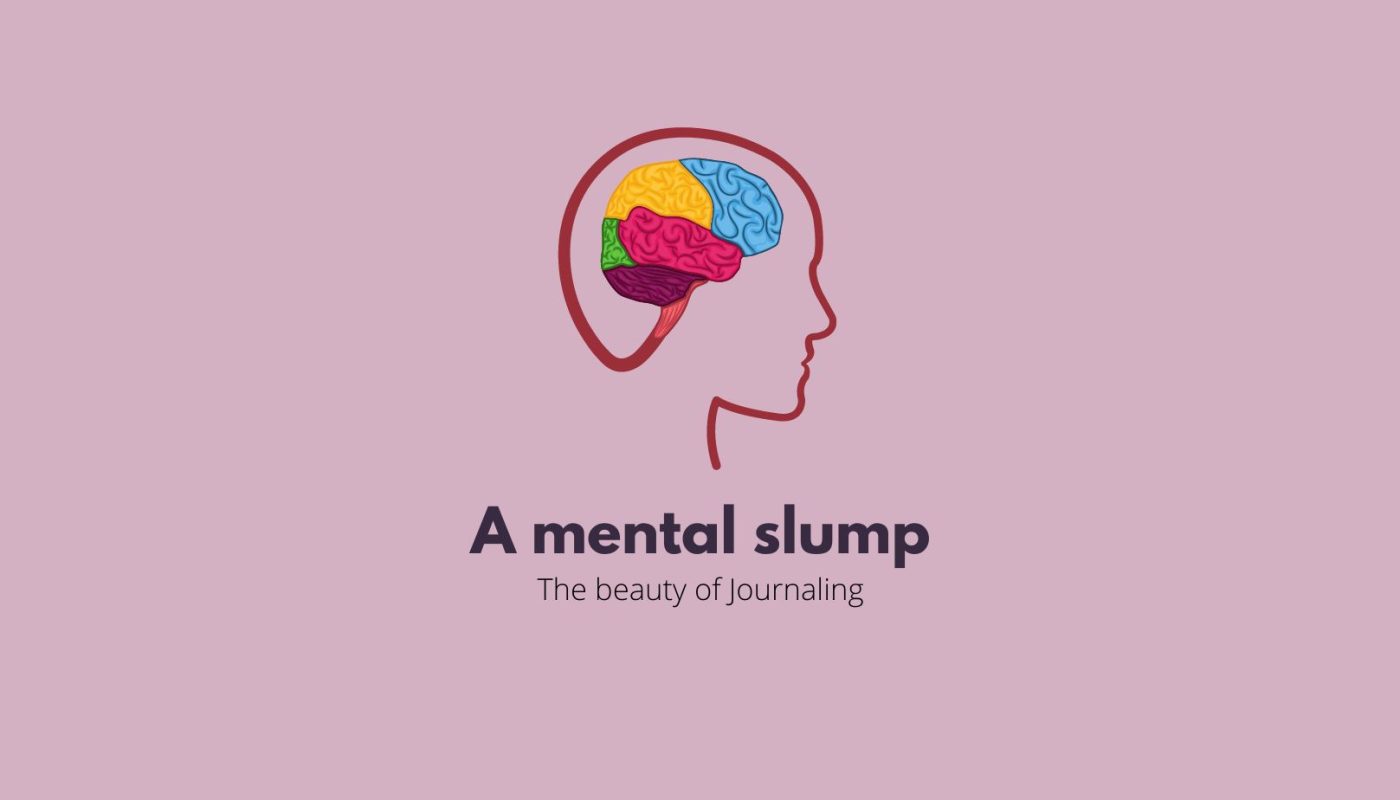I’ve been journaling since I was 17 (I still have all of my journals), and it’s such a defining moment for me to be able to see how much mental progress I’ve made over the years. I journal for a variety of reasons, such as when I’m happy, sad, or when something exciting occurs, I live by journaling and always recommend it to my friends and family.
What’s the point of keeping a journal?
For those who have a hard time coping with stress, journaling is a great approach to get to the bottom of what’s dragging you down or has become all-consuming. It’s easier to keep track of what’s important and what you can let go of if you write it all down. You begin to see things more clearly and get the ability to self-manage – with perspective – what doesn’t enable or serve you to think consciously and rationally.
Mental, spiritual, and emotional well-being are all boosted by this practice. Study after study has proven that journaling for 15-20 minutes a day can boost our immune, lower our blood pressure, and improve liver function.
Keeping a journal is an excellent approach to keep track of your small victories and significant improvements. The emotion of gratitude and joy can be amplified by using it. As a result, you may experience an increase in our sense of self-worth and self-confidence. When you look back, you can see how far you’ve come and how far you still have to go. Imposter syndrome is less likely to affect you because you have a clear record of how you got where you are.
Because you may express yourself freely and without fear of being judged when you journal, it promotes healing. Dissipation occurs when you write/scribe/express deep-seated feelings that are founded in any sense of guilt or toxicity.
When you keep a journal, you can start to see patterns in your behaviour that aren’t helping or serving you. In the face of similar difficulties, you can make better and more mindful decisions and build stronger relationships with yourself and others.

How to journal?
Creating an environment that works for you is essential when it comes to journaling. Listen to your favorite relaxing music while lighting a candle. Allow yourself as much time as necessary. Focus less on the appearance of your writing and more on capturing the thoughts and feelings that are swirling about in your head and heart. The best times to practice journaling are in the morning and evening, but there are no hard and fast rules; whenever you’re feeling weighed down and want to lighten your load, pick up your tools and note the difference in your perspective.
If you’re having trouble getting started, there are numerous journal prompts available online. If you need some direction, here is one that I think is pretty decent.
 “You never know the value of a moment until it becomes a memory.”
“You never know the value of a moment until it becomes a memory.”―
Let me know if you already journal or if you plan to start in the comment section below! 🙂
Happy Journaling!
_______________________________________________________________________
Sources:
Benefits of Journaling for Mental Health: 5 Science-Based Journaling Benefits




I journal since like 10 years
That’s amazing! Do you still have all your journals?
It’s been a while since I’ve journaled but I think it’s about high time that I get back into it. Better late than never!
Exactly, better late than never! Happy journaling 🙂
Journaling became my best way to express my emotions and thoughts. It helps so much mental well being.
I’m so glad to hear that Traven! 🙂
Thank u for the tips of how one can start journaling
Very interesting perspective. Thank you Namata!